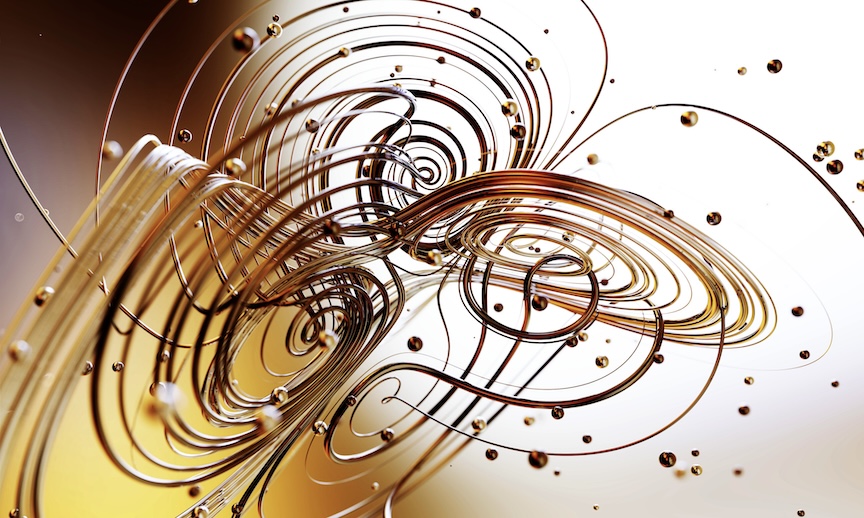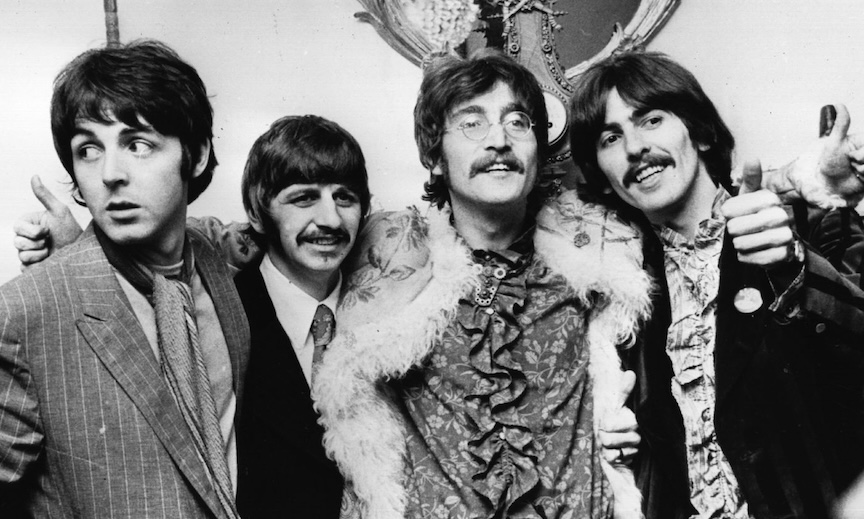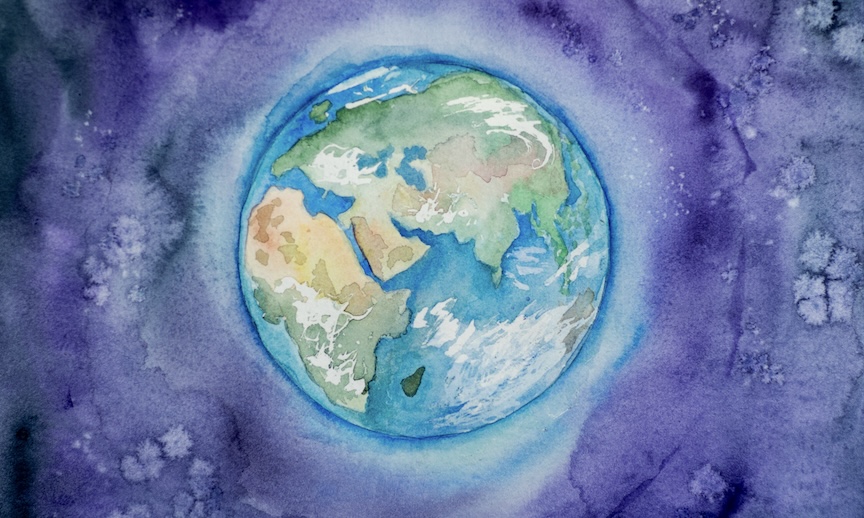FINE MESS
My desk has way too much on it right now. It’s covered with sticky notes that ought to be transcribed elsewhere so I won’t lose the information on them, receipts to be logged and shredded, recipes to be filed, old photos to be preserved, junk mail to be recycled, dry pens to be discarded, script excerpts to be memorized, bills to be paid, half-folded origami cranes to be completed… Assorted chargers that I swear I’m going to put in a perfect place so they’re not in my way anymore but where I can find them when I need them… Knick-knacks — so many knick-knacks — why in God’s name do I have all these knick-knacks!?
I go into the kitchen for more coffee, and notice that this room, too, is a shambles. I cleaned it yesterday. But now the dishwasher is full of clean dishes, the sink and counter are full of dirty dishes. It’s only two of us — I have no idea how we manage to use so many dishes.
Upstairs, my summer shorts and winter sweaters are half-way out and in, respectively. And the cats are shedding and puking on everything. I just can’t even…
I feel a purge coming on. It should’ve happened already. Because I’ve got so much to do, and I don’t know how I’m supposed to work and live in these conditions. Argh!
Accumulate and purge, accumulate and purge — that’s my rhythm. For weeks or months (or, in the case of basements and garages, years) I fill all my spaces, joyfully surrounding myself with mementos and objects and books and words to inspire and stimulate. Which feels great for a while. I love my stuff — everywhere I look, something sparkly, something precious. Until it’s too much, and I feel buried beneath it, and I want to throw it all the hell away.
There are different schools of thought regarding the virtues of clutter and order. I found page after page of quotes referring to desktops alone. A lot of folks argue that a well-kept workspace reflects a tidy mind. Others, Albert Einstein among them, see clutter as evidence of complexity, greatness, and brilliance. Mark Twain pointed out that organization and disorder can be present simultaneously: “A clean desk is a sign of a cluttered desk drawer.”
All of that, including the contradictions, seems perfectly accurate. Sometimes I need it neat. Sometimes I like it messy. Usually, it’s going to be some impossible blend of both.
This is true of my desk, my kitchen, and my life. My relationships. My spirituality. This is some fine mess I’ve gotten myself into.
About a decade ago, simplicity became the dominant popular ideal. Reacting to rampant consumerism and waste, a decluttering movement emerged — promising inner peace, clarity, and happiness if we could just get organized. Marie Kondo published her best-seller, The Life-Changing Magic of Tidying Up. Reality TV bombarded us with cautionary tales about hoarding. Most design featured clean-lined minimalism as the pinnacle of sophistication and taste. There were a few outlying aesthetics like “shabby chic” and “steampunk” which maybe allowed for more jumble, but even these tied everything up in a neat gingham bow and made sure the whoozits and cogs were lined up appropriately.
It’s an appealing vision. And I have experienced the satisfaction of tackling a wrecked pile of something, sorting and storing and throwing a lot of unnecessary garbage away. It can be gratifying on both practical and symbolic levels — jiving nicely with mindfulness and intention practices. Meditative. Clarifying. I often fantasize that if I did more of that, my life would be as graceful and prosperous as the lovely homes in the pages of Architectural Digest.
Yet, even after a cathartic deep cleaning and organization, things never seem to remain orderly for long. I’m reminded again and again that life doesn’t want to stay on the shelf in my carefully-labeled boxes. Systems tend toward entropy — living systems, especially. Perhaps it is utter human arrogance to think that we might impose an unnatural neatness onto natural chaos.
In recent years, there’s been a backlash to the tidying-up crusade. “Maximalism” offers an alternative aesthetic of excess. Last month, the Washington Post published an opinion piece by Britt Peterson: “Against Decluttering: Our obsession with purging is bad for the planet and making us ashamed of our homes.” Even Marie Kondo, in follow-up advice books and videos, now is allowing her spaces to be messier.
My thoughts and feelings are as conflicted and disorganized as my desktop this morning. And I’m beginning to admit to myself that I’m not going to be able to untangle it all right now and write a cohesive and tidy essay. Maybe that’s okay. I’m pretty sure I don’t need to add anything more. But maybe I don’t really need to get rid of anything either. What if I let it all be and let myself be along with it?
These are the jumbled thoughts and themes I’m going to leave here in a pile for now:
- It’s not necessarily better to be neat.
- It’s not more spiritual to be detached and minimal. Being up to our necks in the mess of life can be a full-immersion sacrament.
- No matter how organized my pots and pans, there’s always a whole wide world out of my control, which is as it should be.
- Even though things tend to fall apart, this doesn’t have to mean something’s wrong.
- Out of chaos, patterns and new possibilities can emerge, if we pay attention and allow.
I can’t wait to be with you this Sunday, October 22. XO, Drew
©2023 Drew Groves




